Rebecca MacKinnon discusses how we might develop and deploy standards for fairness in artificial intelligence and algorithm-based applications.
“Ethics” and “AI”: Can We Use These Terms to Take Effective Action?
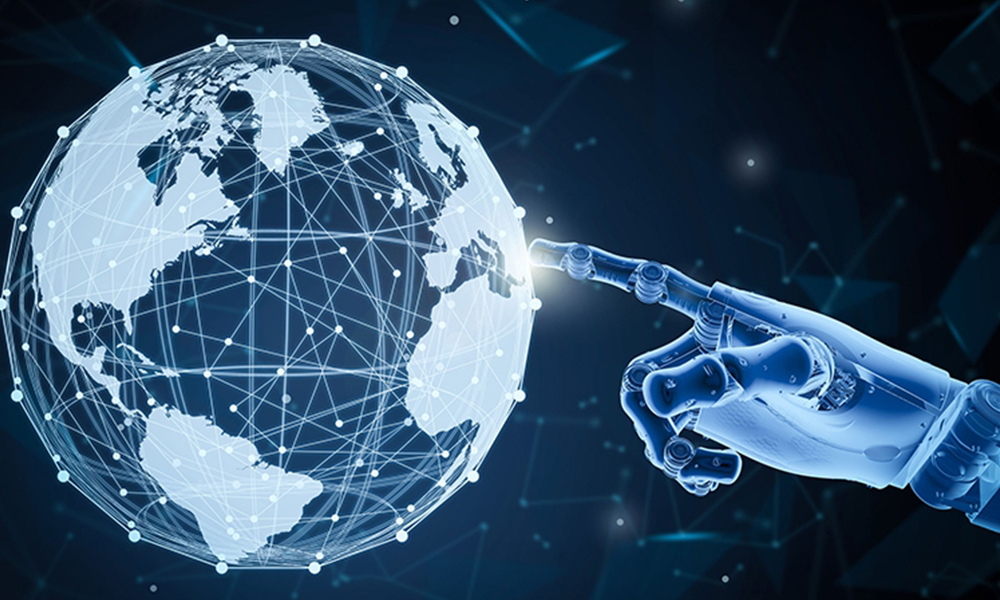
Artificial intelligence is emerging as an important element in almost every aspect of human life. Yet little has been said or done about the overall implications of this huge leap forward in technology. How will electoral procedures be protected from interference? Can any semblance of individual privacy be preserved in democratic settings, let alone authoritarian ones? Even the simplest questions still plague us: will we be able to control the intelligent machines we’ve created? will they outwit us?; will we rely on them for the most important things? (Hint: we already do.)
At the Forum for the Academy and the Public’s 6th annual conference, The Future of the Future: The Ethics and Implications of AI, experts and thinkers of all kinds will come together to discuss these and other AI issues — for example, AI’s effects on climate, work, art, medicine, and war — and to help us understand what awaits the planet as humanity moves into a problematic technological future. Science fiction writers Bruce Sterling and Cory Doctorow; digital and human rights activists An Xiao Mina, Rebecca MacKinnon and Vidushi Marda; and IBM Master Inventor Neil Sahota, along with journalists, legal scholars and anthropologists, will join us to delve deeply into the ethics and implications of artificial intelligence.
LARB has invited participants in The Future of the Future: The Ethics and Implications of AI to provide introductory thoughts and ideas for the 2020 iteration of Provocations that will prepare the ground for the debates and discussions at the conference on February 21 and February 22.
Provocations began as a LARB series produced in conjunction with “What Cannot Be Said: Freedom of Expression in a Changing World,” a conference cosponsored by UCI, USC, and UCLA in January of 2016.
Rebecca MacKinnon discusses how we might develop and deploy standards for fairness in artificial intelligence and algorithm-based applications.

Kate Klonick takes on misconceptions about what AI is and what it can be.

"Problems we’ve left unchecked and unnegotiated in our digital forums are now, thanks in part to AI, spilling over into our physical streets and plazas."

Erika Hayasaki talks about how to scrub the human out of artificial intelligence.
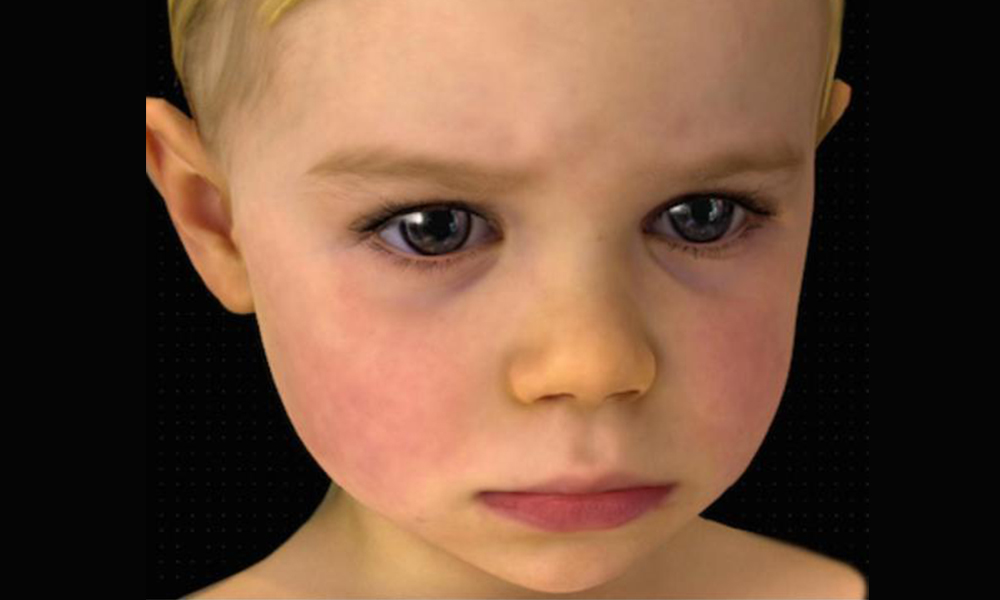
David Kaye writes on content moderation and the enduring and essential human element of it.
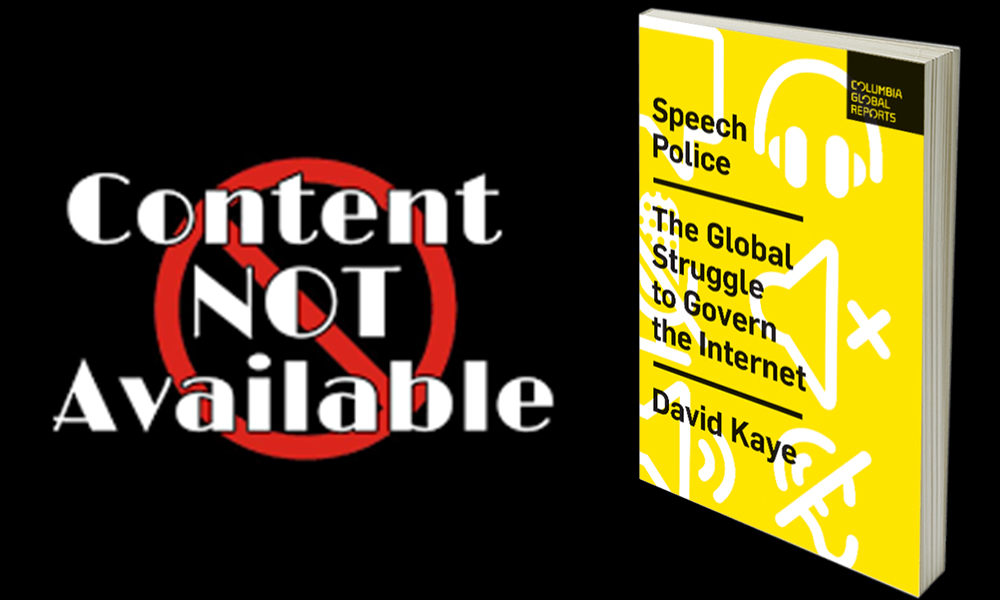
Noam Cohen talks about the place and perception of tech companies in the social world.
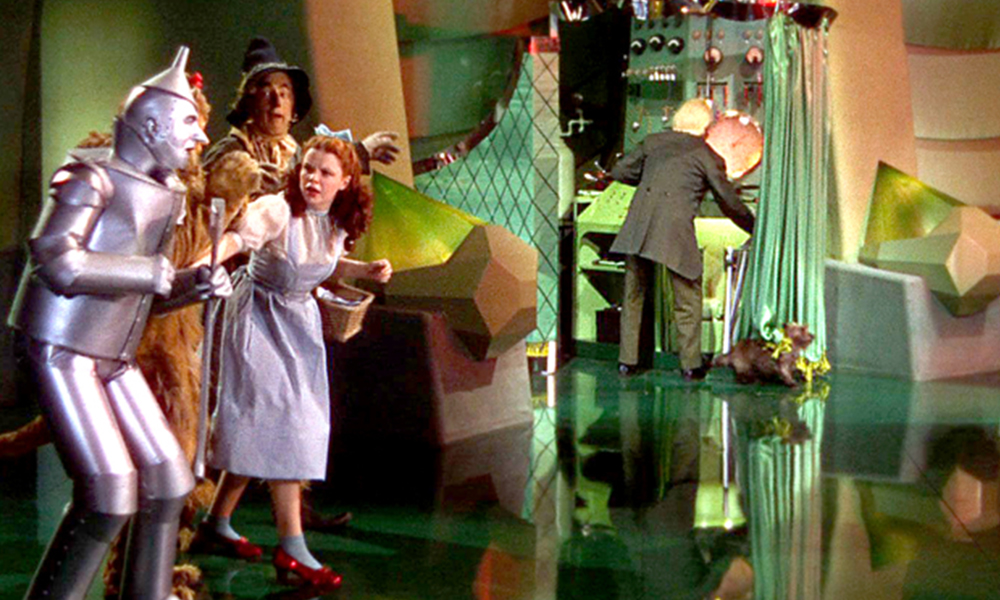
Jasmina Tešanović talks about "Casa Jasmina," a space for innovation she helped establish in Turin, Italy.
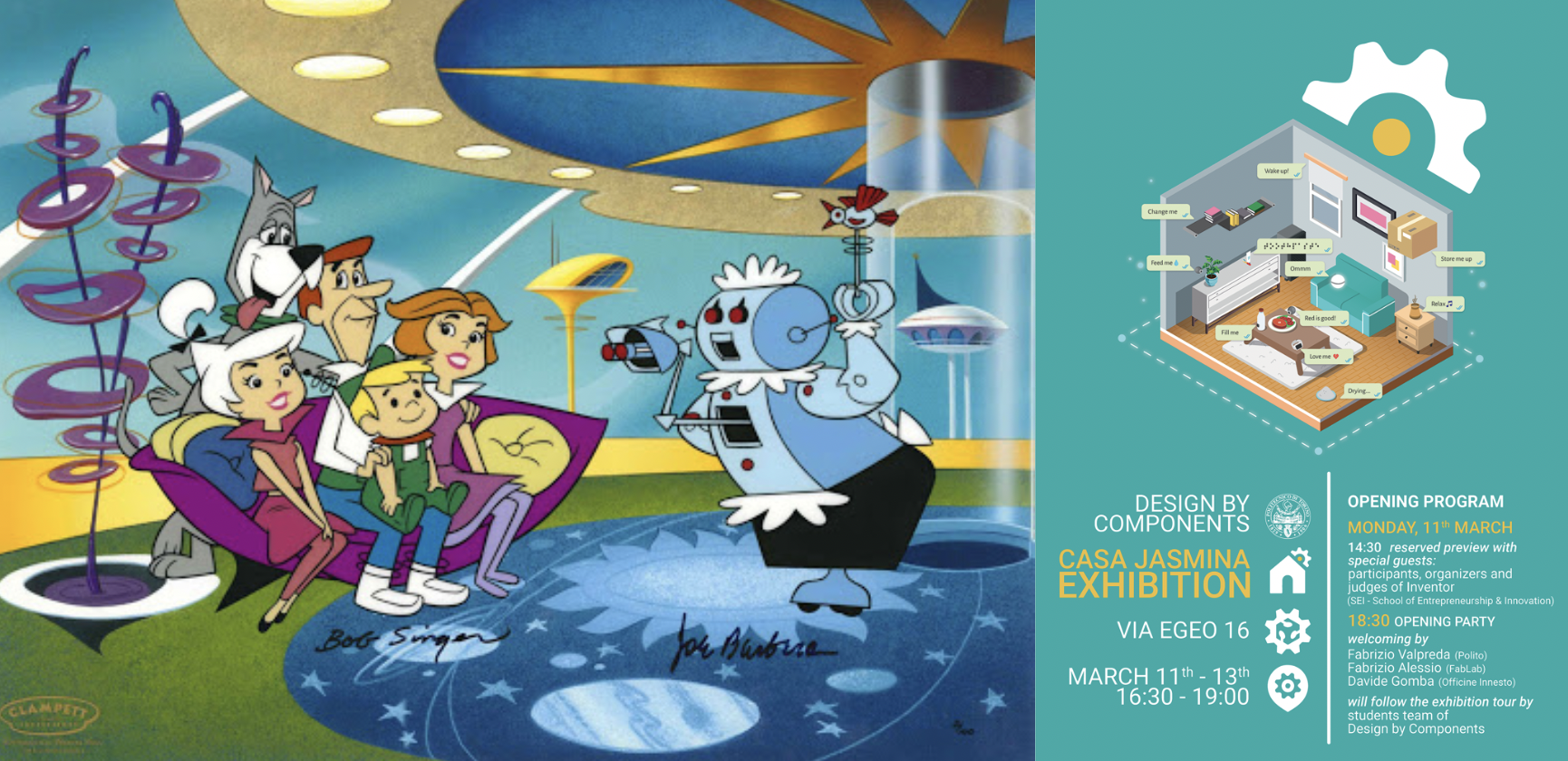
Paul Dourish examines the possibility that AI isn't really any smarter than the humans who enable it.
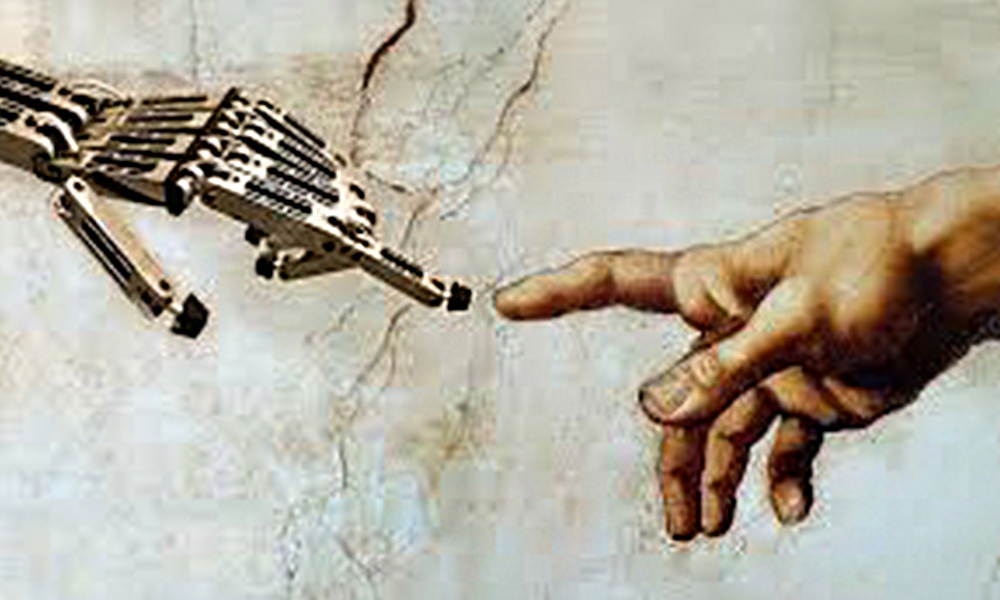
Peggy Weil talks about the ability of new computers to hoodwink us.
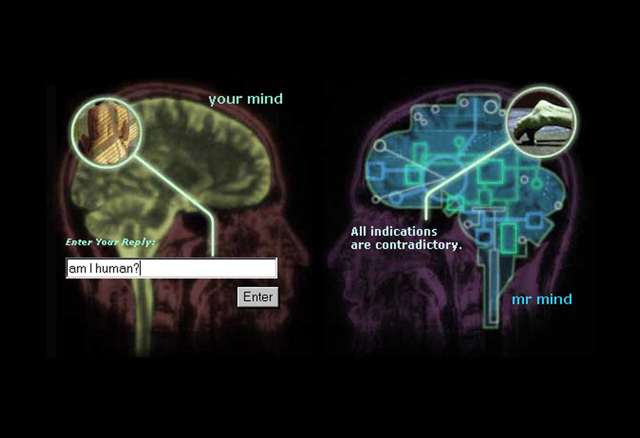
Bruce Sterling writes about the efficacy of an ethics manifesto by AI programmers.
